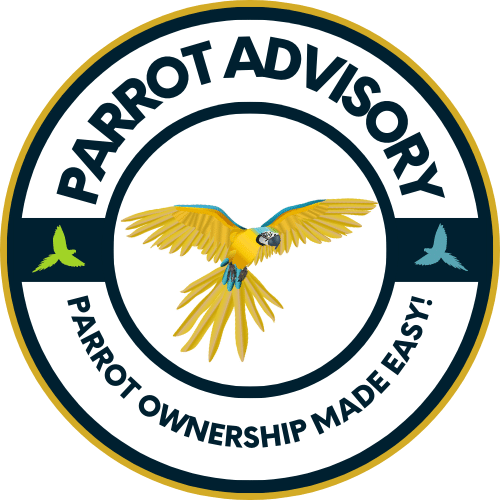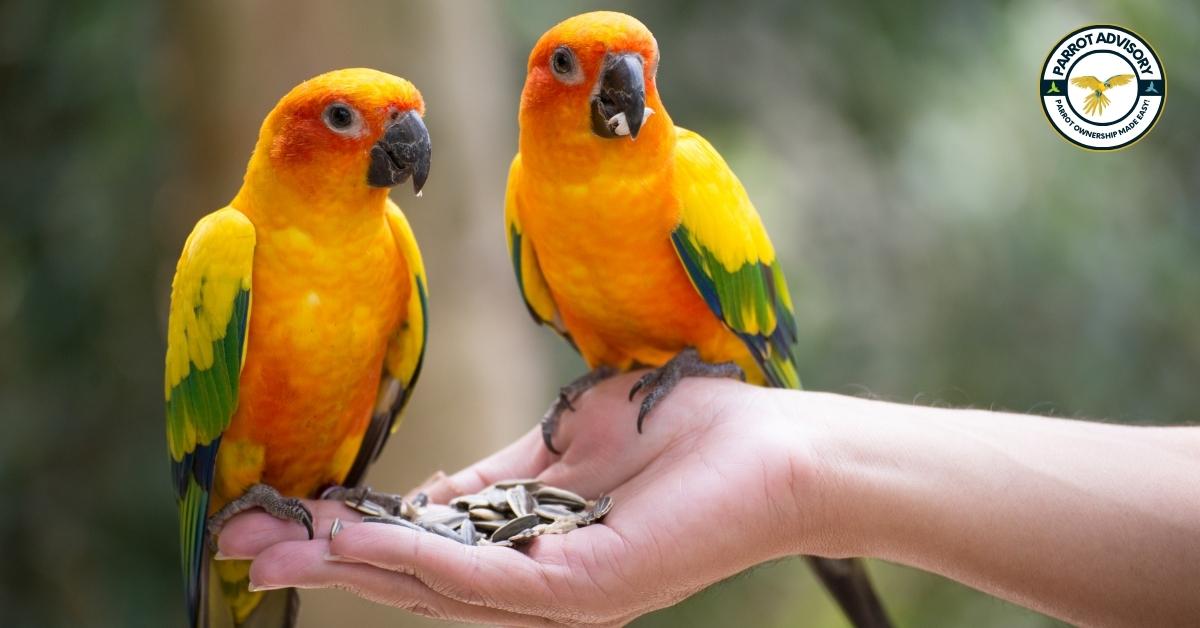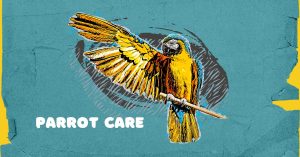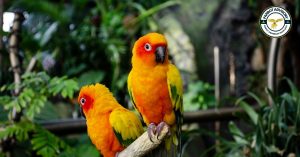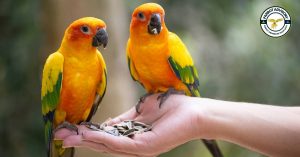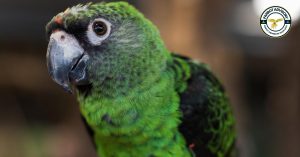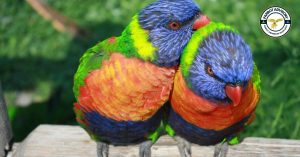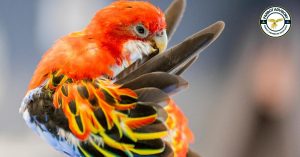There is no question that parrots are some of the most exciting and engaging pets around. Part of what makes them so much fun is their quirky personalities, but another big part is ensuring they have a healthy diet. In this blog post, we’ll look at some of the best foods to give your parrot, as well as a few things to avoid. So whether you’re a first-time bird owner or just looking to learn more, read on for some great tips!
Seeds
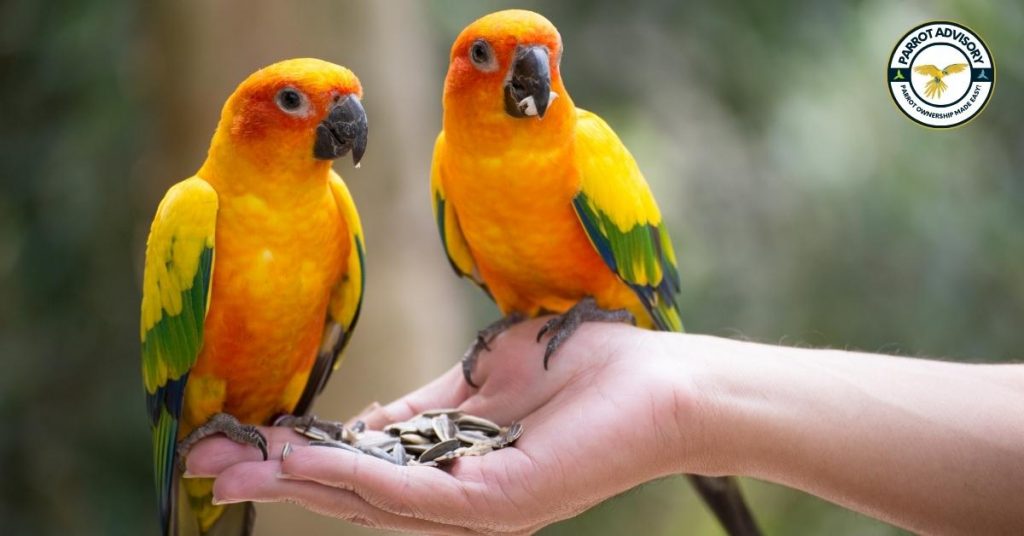
For most pet birds, a diet based primarily on seeds is deficient in many nutrients, including vitamin A and calcium. In addition, this type of diet is often too high in fat. As a result, pet birds that consume a seed-based diet are more likely to develop health problems such as obesity, heart disease, and liver disease. While some birds do enjoy eating seeds, it is important to supplement their diet with other foods that will provide them with the nutrients they need to stay healthy. Choosing a nutritious diet for your pet bird will help them live a long and healthy life.
Vegetables
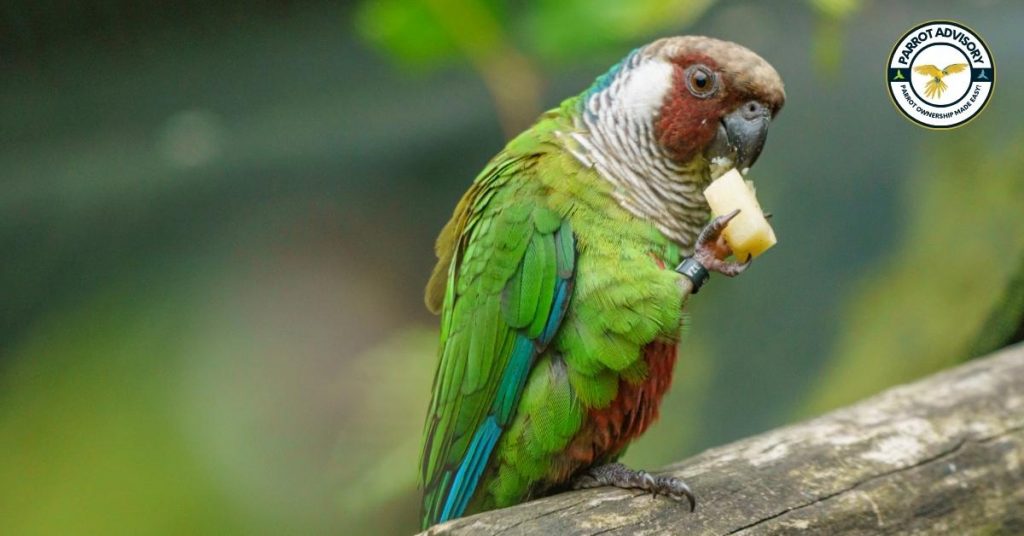
Though typically known for their carnivorous diets, adding some fresh vegetables to your bird’s plate can provide a number of health benefits. Vegetables are packed with essential vitamins, minerals, and antioxidants that can help to boost your bird’s immune system and keep them healthy. In addition, vegetables can provide valuable fiber which can help to regulate digestion. When choosing vegetables for your bird, it is important to select ones that are safe for consumption and that have been properly prepared. Some safe options include chopped broccoli, carrots, sweet potatoes, and peas. Be sure to wash the vegetables thoroughly and cut them into small pieces before feeding them to your bird. With a little creativity, you can easily incorporate fresh vegetables into your bird’s diet and help them to enjoy a healthier life.
Formulated Diets
A formulated diet is a commercially prepared food that contains all of the nutrients your bird needs to stay healthy. These diets are typically made with high-quality ingredients and are balanced to provide your bird with everything they need. Formulated diets are available in both pellet and seed form, so you can choose the option that best suits your bird’s preferences. If you are feeding your bird a formulated diet, it is important to supplement it with fresh vegetables and fruits to ensure they are getting the full range of nutrients they need.
Fruits and berries
In addition to seeds and vegetables, fruits and berries can make a great addition to your bird’s diet. Fruits and berries are packed with vitamins, minerals, and antioxidants that can help to boost your bird’s immune system and keep them healthy. In addition, fruits and berries can provide valuable fiber which can help to regulate digestion. When choosing fruits and berries for your bird, it is important to select ones that are safe for consumption and that have been properly prepared. Some safe options include apples, bananas, blueberries, and strawberries. Be sure to wash the fruits and berries thoroughly and cut them into small pieces before feeding them to your bird. With a little creativity, you can easily incorporate fresh fruits and berries into your bird’s diet and help them to enjoy a healthier life.
Other Foods
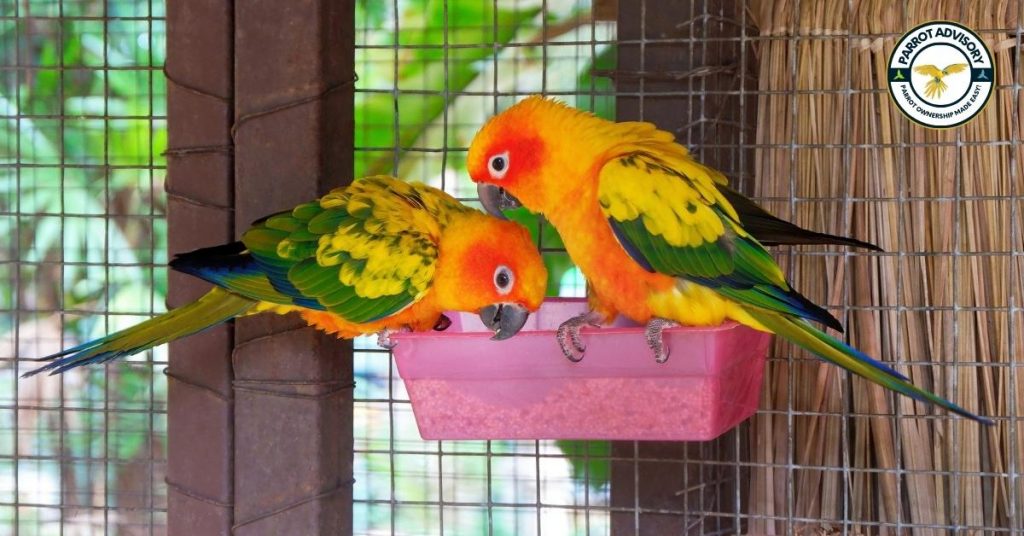
Birds require a diet that is high in fat and protein in order to maintain their energy levels and support their metabolism. However, they can also benefit from eating a variety of grains, as these provide essential nutrients and antioxidants. Some of the best grains to feed birds include cooked brown rice, quinoa, oats, wheat, barley, and pasta. By offering a variety of grain-based foods, you can ensure that your bird gets the nutrition it needs to stay healthy and active.
Vitamin and Mineral Supplements
In addition to a healthy diet, birds also require vitamin and mineral supplements to ensure they are getting all of the nutrients they need. Vitamin and mineral supplements can be added to your bird’s food or water, or they can be given orally. It is important to consult with your veterinarian before giving your bird any supplements, as they can help you choose the products that are right for your bird’s individual needs.
Foods to Avoid
There are some foods that should be avoided when feeding your bird, as they can be toxic or cause health problems. Some of the foods to avoid include chocolate, caffeine, alcohol, avocado, and onions. If you are unsure about whether a food is safe for your bird, it is always best to consult with your veterinarian before feeding it to them.
When choosing a diet for your bird, it is important to consult with an avian veterinarian or another qualified professional to ensure you are providing them with the best possible nutrition. With a little research and care, you can easily find the perfect diet for your feathered friend and help them to enjoy a long and healthy life.
